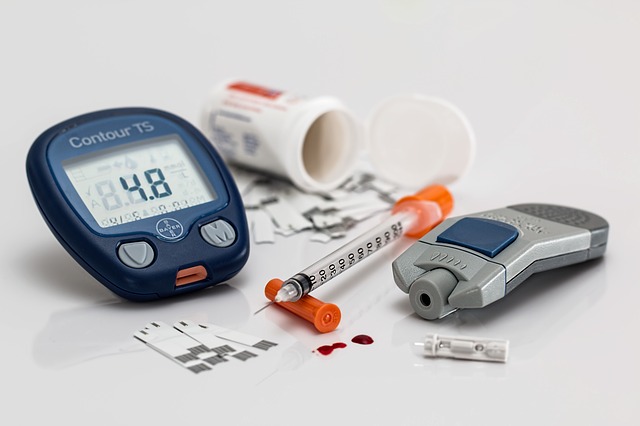
Researchers from Washington University have made a discovery that indicates stem cells could deliver insulin to people with diabetes. The finding could greatly help thousands of diabetes Type-1 sufferers around the world. This new research uses stem cells that have been reprogrammed to act like insulin-secreting pancreatic beta cells.
People with type 1 diabetes have a problem with their autoimmune system that causes it to kill off beta cells from the pancreas. Without these pancreatic beta cells, the body cannot respond to an increase in glucose or sugar levels in the blood.
This new research finding uses “cell replacement” to add more pancreatic beta cells to the body and restore normal insulin function. Scientists believe that a variety of stem cells could deliver insulin including embryonic stem cells and induced pluripotent stem cells derived from skin cells.
The researchers have already shown that they can take skin cells from the people with diabetes, transform them into induced pluripotent stem cells (iPS), then prompt those cells to become pancreatic beta cells. Being able to generate the cells from a patient’s own body eliminates the risk of rejection after the cell transplant.
Initially, researchers were unsure if generating stem cells from a diabetic patient’s stem cells would simply re-produce pancreatic cells with the same problem that caused the diabetes. That is not the case, the stem cells could deliver insulin effectively when turned into pancreatic beta cells. This new research was published in the journal Nature Communications last week.
After creating the beta cells from iPS cells, the researchers conducted a series of tests to ensure they were working correctly. They used both in vitro and animal tests, discovering that the cells worked as intended, secreting insulin when exposed to glucose.
Source: Stem cells could deliver insulin to Type 1 diabetics
{{cta(‘010124f3-c9bc-4a23-b9fc-74953e6288c9’)}}


